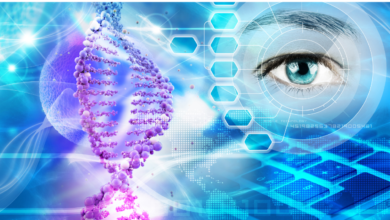200+ Genes Queries
How can genetic information be protected from unauthorized access?

To protect genetic information from unauthorized access, a combination of measures can be implemented, including:
- Data encryption: Using encryption techniques to secure genetic data and prevent unauthorized access.
- Access controls: Implementing strict access controls to limit who can access and use genetic information.
- Informed consent: Obtaining informed consent from individuals before collecting and using their genetic data.
- Data anonymization: Removing or anonymizing personally identifiable information from genetic data to protect privacy.
- Legal frameworks: Developing and enforcing strong legal frameworks that protect genetic privacy.





